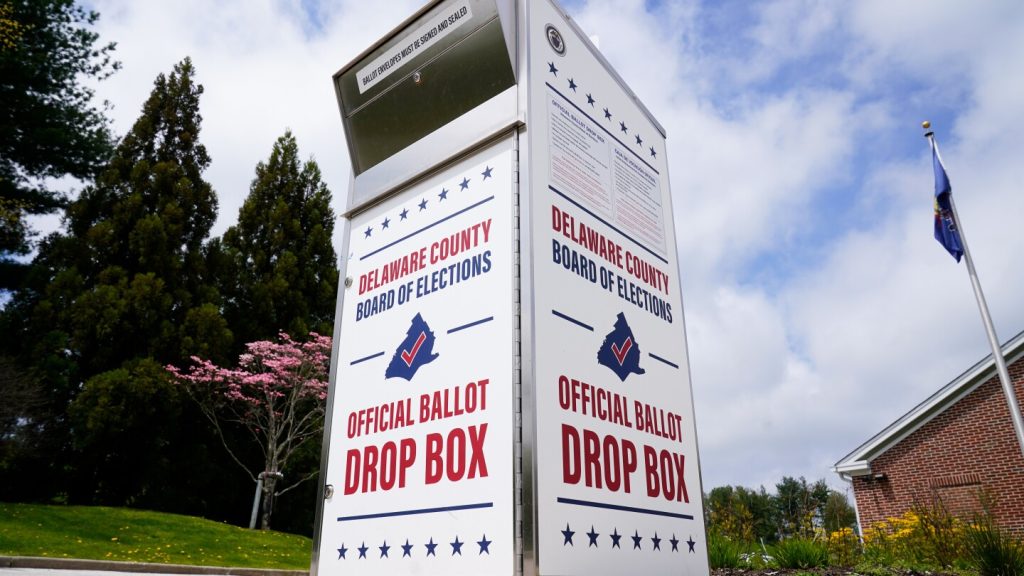The 3rd U.S. Circuit Court of Appeals overturned a lower court ruling that required Pennsylvania voters to put accurate handwritten dates on the outside envelopes of their mail-in ballots. The court ruled that the requirement does not violate the civil rights law, despite causing thousands of votes to be declared invalid in the 2022 election. While the number of affected votes is relatively small compared to the state’s electorate, the ruling has drawn attention to Pennsylvania’s election procedures as the state’s Electoral College votes are crucial in the upcoming presidential election. The lower court had previously ruled that mail-in ballots should still be counted even without the proper dates if they are received on time, but the appeals court disagreed, stating that the date requirement is mandatory under Pennsylvania law.
Judge Thomas Ambro, writing for the court, explained that the civil rights law does not pertain to ballot-casting rules like dates on envelopes, but rather focuses on determining a voter’s eligibility to cast a ballot. The court upheld the Pennsylvania General Assembly’s decision that mail-in voters must date the declaration on the return envelope of their ballot for their vote to be effective. The American Civil Liberties Union of Pennsylvania, which represented groups and voters challenging the date mandate, expressed disappointment in the ruling, stating that thousands of votes could be disenfranchised over what they see as a minor paperwork error. The ACLU is considering its options in response to the decision.
State and national Republican groups supported the date requirement and praised the court’s decision as a crucial victory for election integrity and voter confidence. In Pennsylvania, Democrats have been more likely to vote by mail than Republicans, primarily due to an expansion of mail-in ballots enacted in 2019. The ruling on the date requirement has raised concerns about potential disenfranchisement and the impact on future elections in Pennsylvania. The decision comes at a critical time, with the state’s Electoral College votes in play for the upcoming presidential election, making the state’s election procedures a focal point of national attention and scrutiny.















